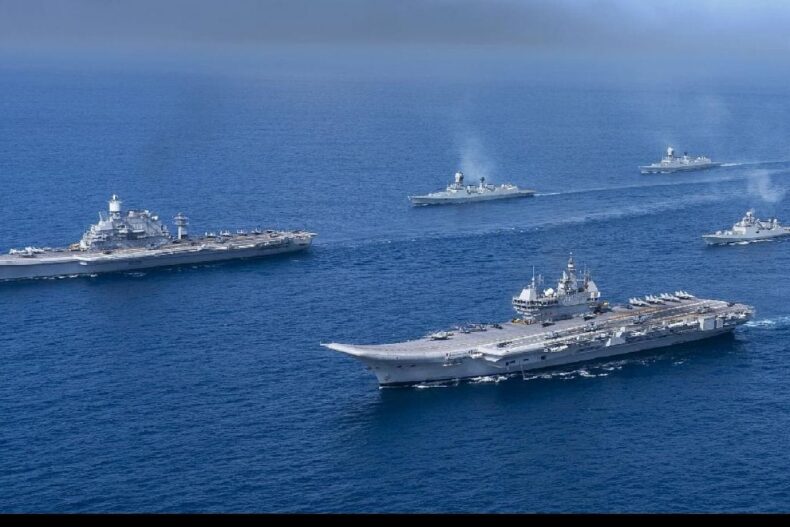France has made a significant offer to India, as it plans to equip the Indian Navy’s Scorpene class submarines with the naval version of the SCALP missile. The naval cruise missile, with a range of 1000 kilometers, is set to be launched from these submarines, providing a considerable boost to India’s naval capabilities. This move comes in addition to France’s commitment to construct three more Scorpene submarines for the Indian Navy at the Mazagon Dockyards in Mumbai.
Enhancing Naval Capabilities
The SCALP missile, an air-to-ground missile carried by Indian Air Force Rafale fighters, will be upgraded for naval use.
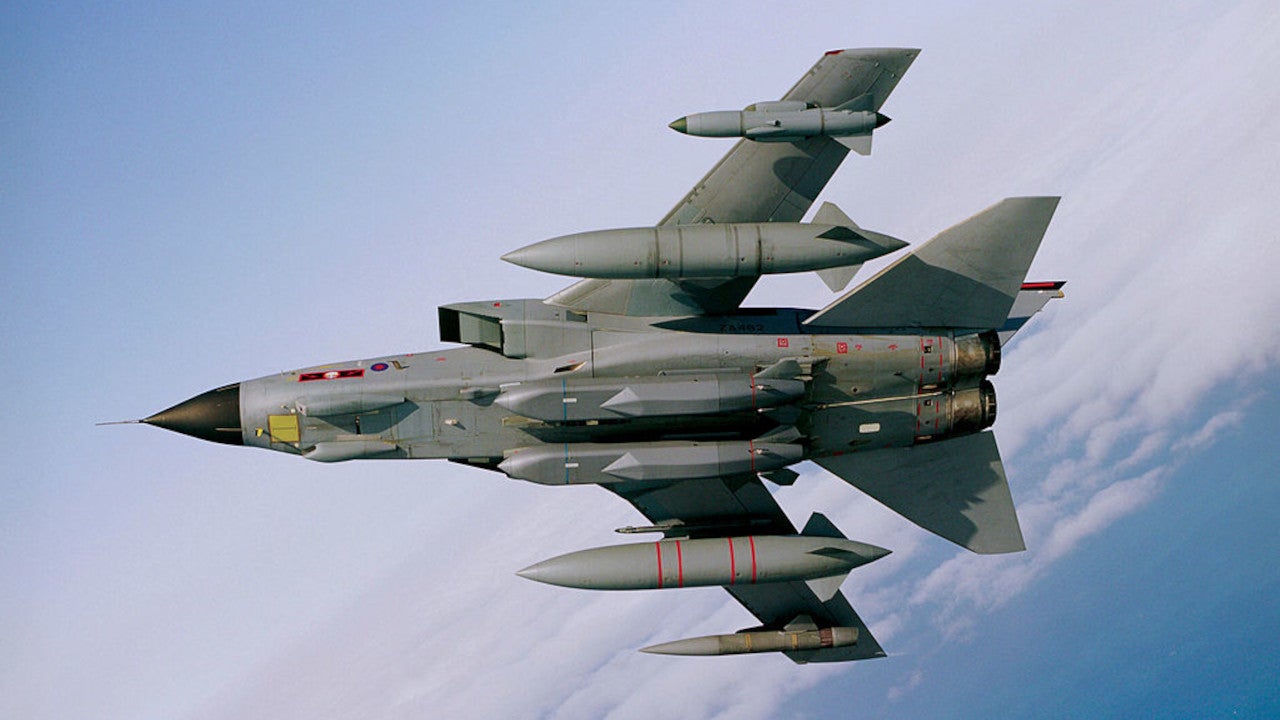
This version will have double the range of the SCALP air-to-ground missile and will be armed on the air independent propulsion (AIP) equipped submarines. When launched from a submarine, the naval SCALP missile can reach a range of over 1000 kilometers, while launching it from a warship can extend its reach up to 1400 kilometers. This turbojet-powered cruise missile operates below the surface before ascending and striking its target on land, thus neutralizing potential enemy threats.
France Utilization and Adaptation
The French Navy has been deploying the SCALP missile on its frigates since 2017, and it is set to be used on its Barracuda class submarines from 2022. However, with slight technical modifications of the torpedo tubes, the missile can also be deployed on Scorpene class submarines. Indian Navy officials and diplomats have already witnessed the missile’s performance in France. Notably, the missile manufacturer has expressed willingness to produce the cruise weapon in India under the “Make in India” initiative.
Addressing Delayed Submarine Construction
France’s offer to construct three additional Scorpene class submarines at the Mazagon Dockyards is a response to the lengthy process involved in the Indian Navy’s Project 75I. This project, which aims to enhance India’s submarine capabilities, is projected to take a minimum of 15 years or even longer.
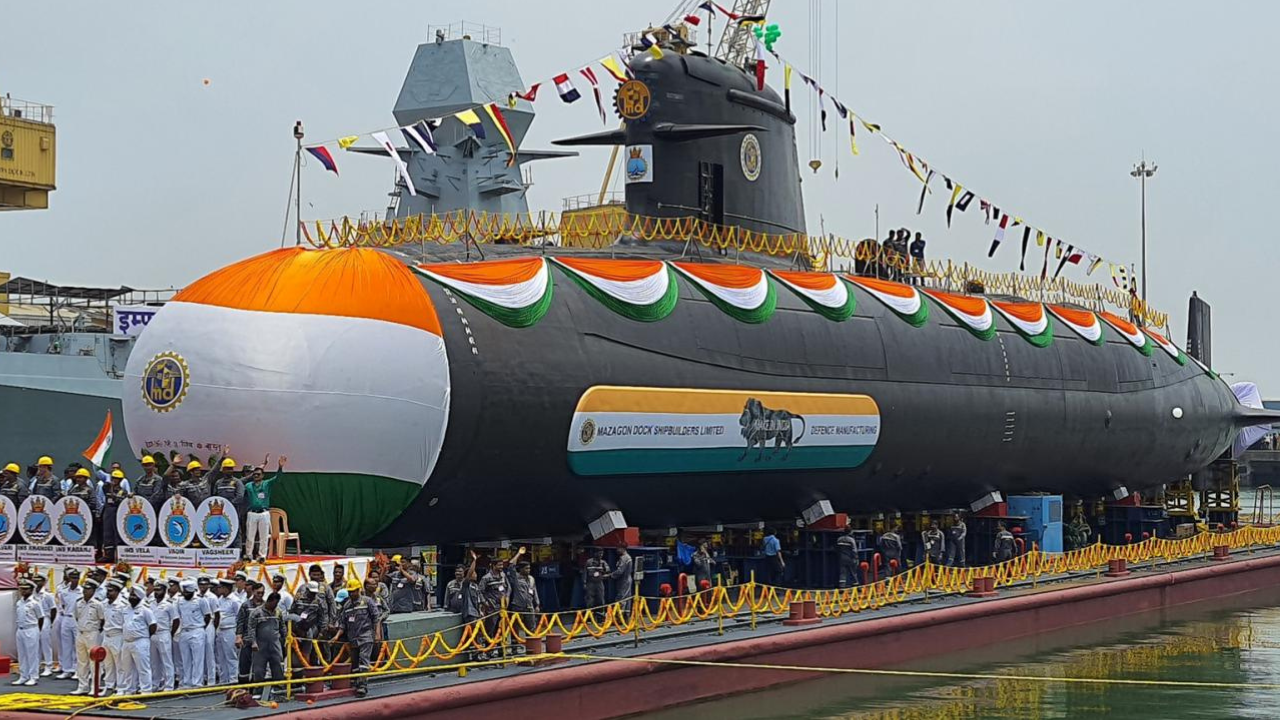
The decision to manufacture six Scorpene class submarines was initially made in 1999, during the tenure of former Prime Minister Atal Bihari Vajpayee and Defence Minister George Fernandes. However, the sixth submarine will only be delivered to the Indian Navy in 2024, marking a delay of a quarter of a century since the submarine program’s approval by the Cabinet Committee on Security. The extended timeline has prompted the Indian Navy to seek alternative strategies to counter the expanding Chinese Navy.
Countering the Chinese Naval Challenge
With the rapid growth of the Chinese Navy, which is expected to patrol Indian Ocean waters by 2025, India is compelled to counter the increasing presence of the People’s Liberation Army Navy (PLAN) in the Indo-Pacific region.
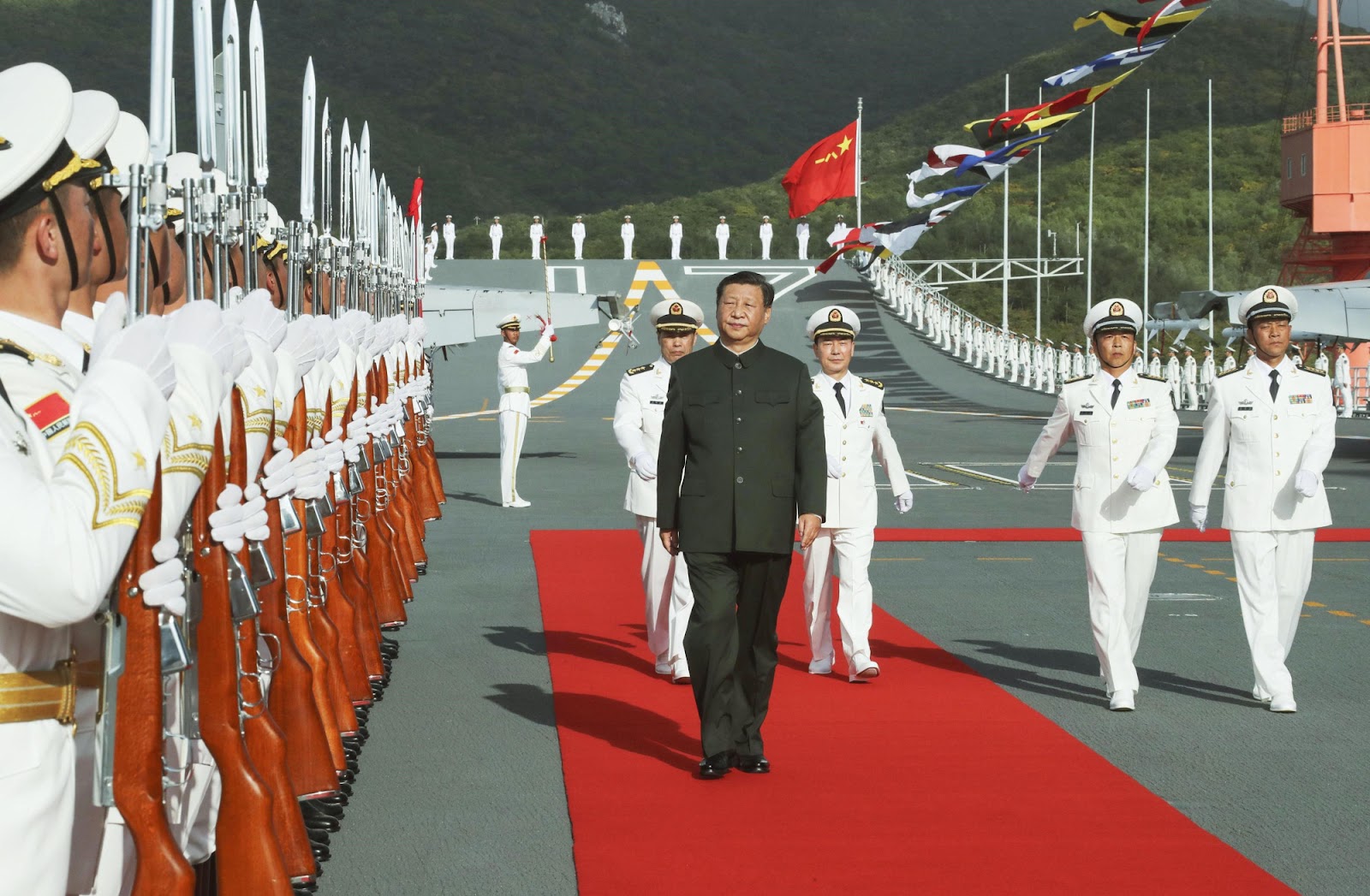
To prevent Beijing from dominating the crucial sea lanes from the Gulf of Aden to the South China Sea, India must enhance its naval capabilities. By equipping its Scorpene submarines with the naval SCALP missile, India aims to bolster its defenses and maintain a strong presence in the region.
Strengthening Strategic Ties
The offer from France underscores the deepening strategic relationship between the two countries. Prime Minister Narendra Modi’s upcoming visit to France is expected to elevate this relationship even further, with President Emmanuel Macron and French companies eagerly awaiting India’s requests for specific technologies.
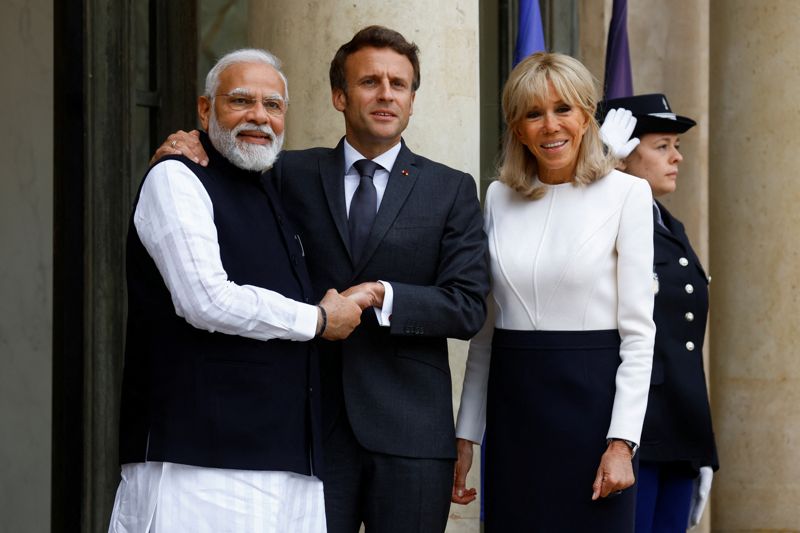
The state visit also reflects the international community’s confidence in Prime Minister Modi, as he has been offered similar opportunities by both the United States and France ahead of the 2024 Lok Sabha general elections. This gesture demonstrates the recognition of Modi’s leadership and the faith placed in him by world leaders.
In conclusion, France’s offer to equip Scorpene class submarines with the naval version of the SCALP missile showcases its commitment to enhancing India’s naval capabilities. This development will significantly bolster India’s defenses and counter the rising influence of the Chinese Navy in the Indo-Pacific region. Moreover, the strengthening strategic ties between India and France, as evidenced by the forthcoming state visit, reaffirm the mutual trust and cooperation between the two nations.







